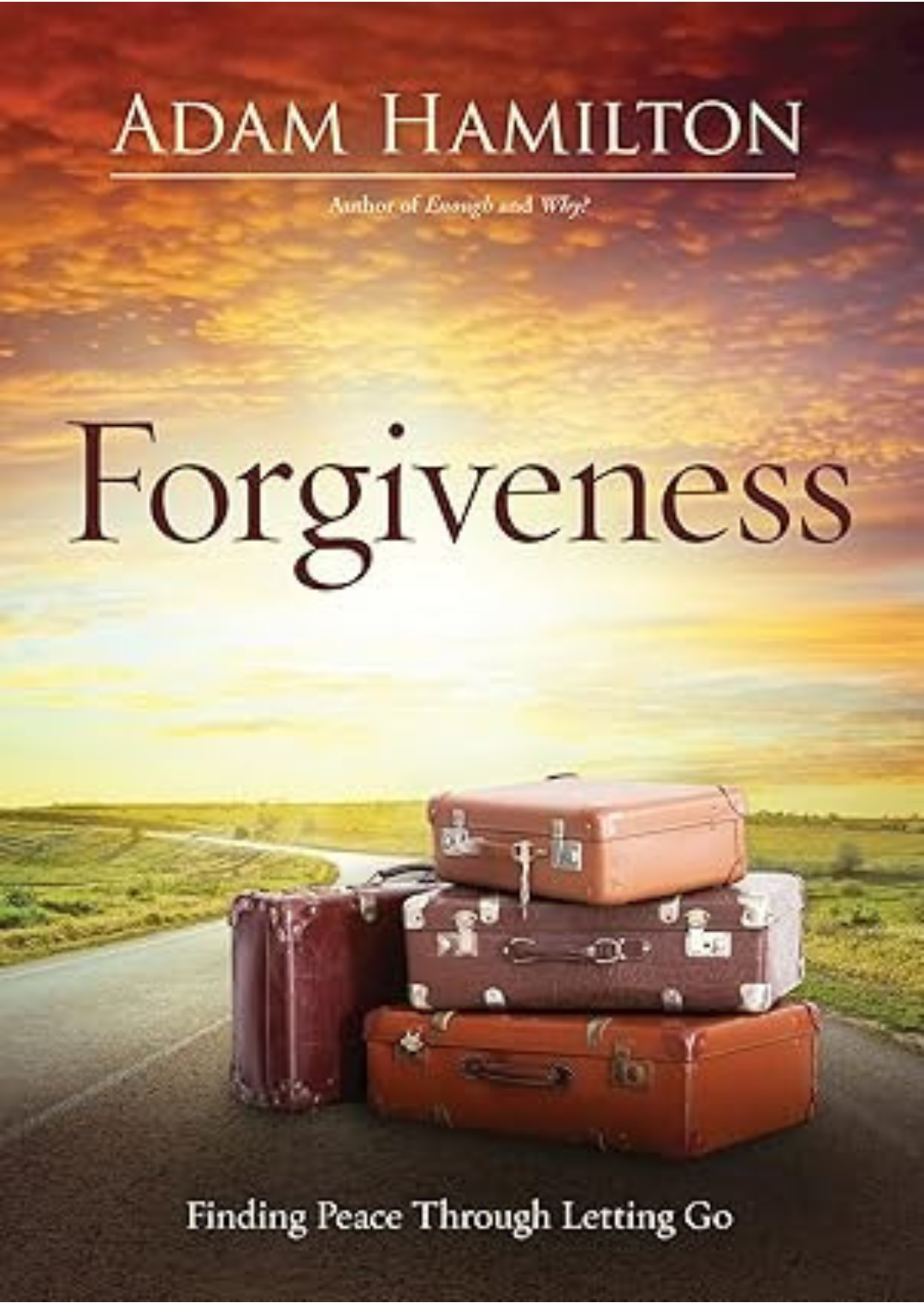Episode Summary
- God Doesn’t Cause Suffering: Adam boldly challenges the notion that God looks down and decides to give people diseases like Alzheimer’s. He argues that if we truly believed God caused these conditions, we wouldn’t invest in medical research—we’d simply accept it as divine will. Instead, our pursuit of cures reveals our deeper understanding that this isn’t what God wants for humanity.
- We Can Actually Understand Why Most Suffering Happens: Contrary to the common Christian response of “we can’t understand God’s ways,” Adam contends that we actually do understand the mechanisms behind most suffering. From hurricanes to heart disease, from human cruelty to neurological conditions, science and experience give us insight into the “why” behind pain.
- When Memory Fades, God Still Remembers: In perhaps the most tender moment of the episode, Adam offers profound hope to families watching their loved ones disappear to dementia. He reminds us that even when someone can no longer remember anything at all, God still remembers them completely—and that there’s something preserved in their soul that will wake up fully restored.
- It’s Okay to Be Angry With God: Adam doesn’t shy away from the raw emotions that accompany suffering. He acknowledges that if it were his own wife facing Alzheimer’s, he’d likely feel angry with God too. This honest admission gives permission for listeners to bring their real feelings into their faith journey.
- The Ultimate Response: Choosing Love in the Midst of Pain: Rather than demanding answers we may never fully receive, Adam suggests the most meaningful response is asking God for strength to love and care well for those who are suffering. It’s a shift from demanding “why” to asking “how can I love better?”
Go Deeper
Reflection Guide Download
In this deeply personal episode of Making Sense of Faith, Adam Hamilton addresses one of humanity’s most difficult questions through the lens of a listener’s heartbreaking experience with her husband’s Alzheimer’s diagnosis. Rather than offering easy answers, Adam provides honest, pastoral wisdom about the nature of suffering and where hope can be found in our darkest moments. As you reflect on this conversation, use this guide to explore your own understanding of suffering and consider how these insights might transform your perspective on pain and hope.
Forgiveness: Finding Peace Through Letting Go
Adam Hamilton
In his passionate and life-changing book Forgiveness: Finding Peace Though Letting Go, bestselling author Adam Hamilton shows the same insight that he brought to his popular books Why? Making Sense of God’s Will and Enough: Discovering Joy Through Simplicity and Generosity. In this book, Hamilton explores forgiveness in our relationship with God, with our spouses or romantic interests, with our parents and siblings, and with others in our lives.

